It is the Technical University of Denmark (Danish: Danmarks Tekniske Universitet), commonly called DTU is, a university located in the town of Kongens Lyngby, 12 kilometers (7.5 miles) to the north of the center of Copenhagen, Denmark. It was established in 1829 under the direction of Hans Christian Orsted as Denmark's first polytechnic and is currently one of Europe's top engineering universities.
Alongside Ecole Polytechnique in Paris, Ecole Polytechnique Federale de Lausanne, Eindhoven University of Technology, Technical University of Munich, and Technion - Israel Institute of Technology.
Technical University of Denmark Campus
The campus is located on a plain called Lundtoftesletten, located in the northeastern region of Lyngby. The part was located near the airfield of the Lundtofte Flyveplads. The campus is divided roughly into two halves by the Anker Engelunds Vej going in the east-west direction and, perpendicularly to that to it, by two long collinear roads situated between the two sides of a parking area. The campus is divided into four parts known as quadrants. They are with numbers 1 through 4, in line with the standard numbering system for quadrants of the Cartesian coordinate system, with northwards upwards.
Technical University of Denmark Ranking
-
QS World University Rankings: #99 in 2022
-
Academic Ranking of World Universities is ranked #151 in 2021.
-
World University Rankings: #185 in 2022.
-
Best Global Universities Rankings: #55 in 2021.
Technical University of Denmark History
DTU was established in 1829 and was formally named it was the "College of Technology for Advanced Research" (Danish: Den Polytekniske Laereanstalt). The physicist Hans Christian Orsted, at the time an instructor in the University of Copenhagen, was one of the main drivers behind this idea. He was influenced to do so by Ecole Polytechnique in Paris, France, where Orsted was an undergraduate scientist. The college was established on November 5, 1829, with Orsted being named its principal and he remained there till his demise in 1851.In 1903 The College of Advanced Technology commenced the training of electrical engineers, in addition to those who worked in construction, production engineers, as well as the mechanical engineers who were taught in the college.
Through the 20th century, space became scarce and in 1929, the construction began for the construction of a new school in Ostervold. The building's completion was delayed due to World War II and it wasn't completed until 1954. 1960, a decision was taken to relocate from the College of Advanced Technology to bigger and more spacious facilities located in Lyngby to the north of Copenhagen. The new buildings were officially inaugurated on May 17, 1974. On 23 November 24 and 23, 1967, The University Computing Center hosted the NATO Science Committee's Study Group's first meeting discussing the new concept of "Software engineering."
The 1st of January 2007 the university was joined together with these Danish researchers' centers Forskningscenter Riso, Danmarks Fodevareforskning, Danmarks Fiskeriundersogelser (from 1 January 2008: National Institute for Aquatic Resources; DTU Aqua), Danmarks Rumcenter, and Danmarks Transport-Forskning.
Technical University of Denmark Administration and organization
The university is overseen by a board of 10 members. Six members are selected from outside the university, and they constitute most of the members on the board. One member is selected by members of the science staff. The other one member is chosen from the administration staff. Two members are chosen by students at the university.
The President of DTU is chosen by the board of the university. The President, in turn, nominates Deans, and the Deans nominate the department heads.
As of 2014, DTU received accreditation as an institution from the Danish Accreditation Institution (a member of ENQA). The accreditation of the institution guarantees an assurance of quality that is based on the system in the institution is properly described and well-defended, as well as functioning in the real world.
Because DTU does not have a faculty senate and faculty members are not part of the selection of Deans, Presidents or Department heads, DTU has no faculty management
Technical University of Denmark Services
Student services
The SU Office offers advice on SU rules to every DTU students about SU rules, and also processes requests for SU, SU loans, students' cards for youth and study abroad scholarship.
Services for housing
DTU is well-known for its lively student life. You can be a part of any of the numerous clubs and activities, or go to the Friday night bars as well as the numerous celebrations and social events at DTU.
DTU Lyngby Campus has several student canteens, libraries with a bookstore, as well as unique facilities for students like DTU Skylab. As a student , you can access Portalen and CampusNet which are an essential part of your studies.
Library services
DTU Library in building 101 is a classic university library and also an online library as well as The Technical Information Centre of Denmark.
DTU Findit, the digital library DTU Findit, gives you access to millions of scientific papers as well as e-books online. Alongside the traditional library services like textbooks and reference collections.
Medical services
The Danish welfare system permits international students to get medical treatment for free while they study in Denmark.
Technical University of Denmark Life on campus
-
The main campus of DTU is in Lyngby, situated 15 km from the northern end of Copenhagen.
-
DTU Ballerup Campus is home to a lot of students from our BEng students. Located 10km to the west of Copenhagen.
-
Riso Campus serves as the location of a lot of DTU's groundbreaking research into energy technology. Located 40 kilometers to the west of Copenhagen.
-
Specific DTU Departments have addresses that are not part of those areas of the campus.
-
DTU has test and research facilities across the country. In addition to the facilities located on the three campuses of Lyngby, Ballerup, and Riso the Universities has test and research facilities at these sites: Charlottenlund Castle, Frederiksberg, Hirtshals, Lindholm, Mors, Silkeborg, Morkhoj, Sisimiut, Hovsore, Osterild
Technical University of Denmark Sports facilities
DTU has a variety of outdoor and indoor sporting facilities. Indoors, you are able to take part in soccer (football), India and badminton as well as sing, dance, take yoga classes, work on the gym facility, or train to prepare for your next skiing trip.
In the open, there is the possibility of playing soccer (football) as well as rugby basket volleyball, or beach volleyball. There is also sailing on Oresund or flying in the air on hang gliders. Find out more options on sports at DTU.















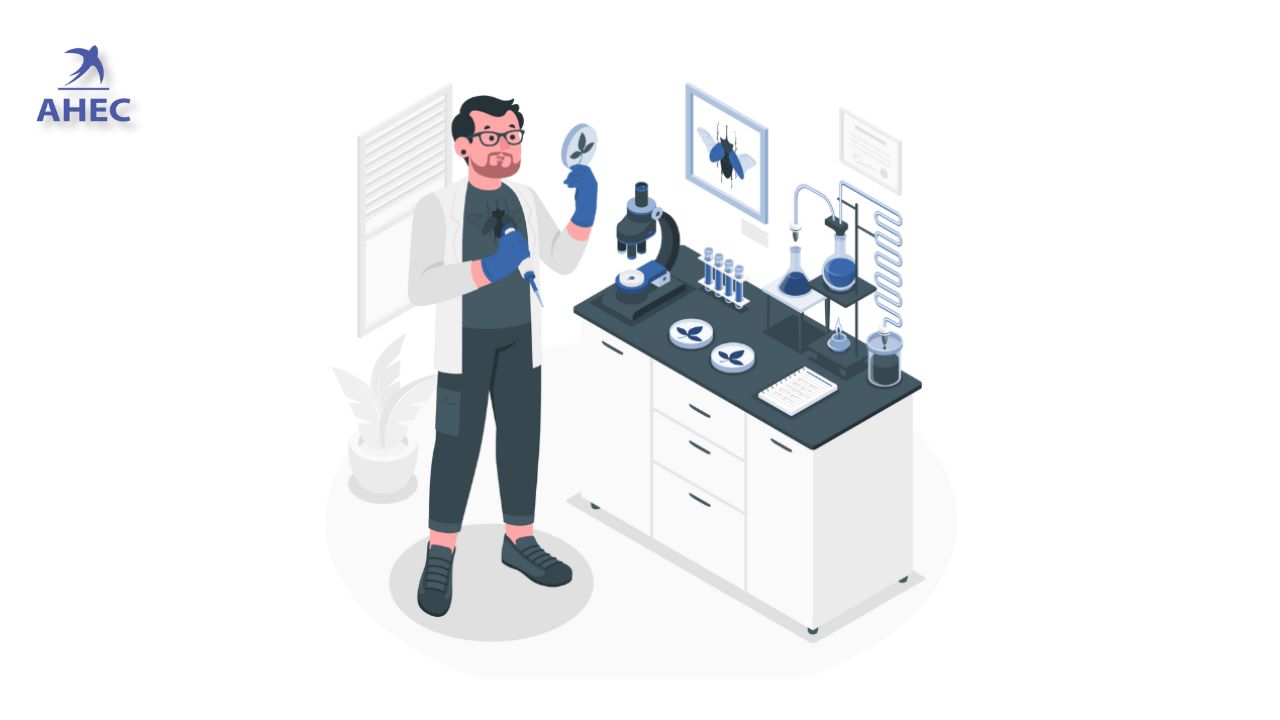






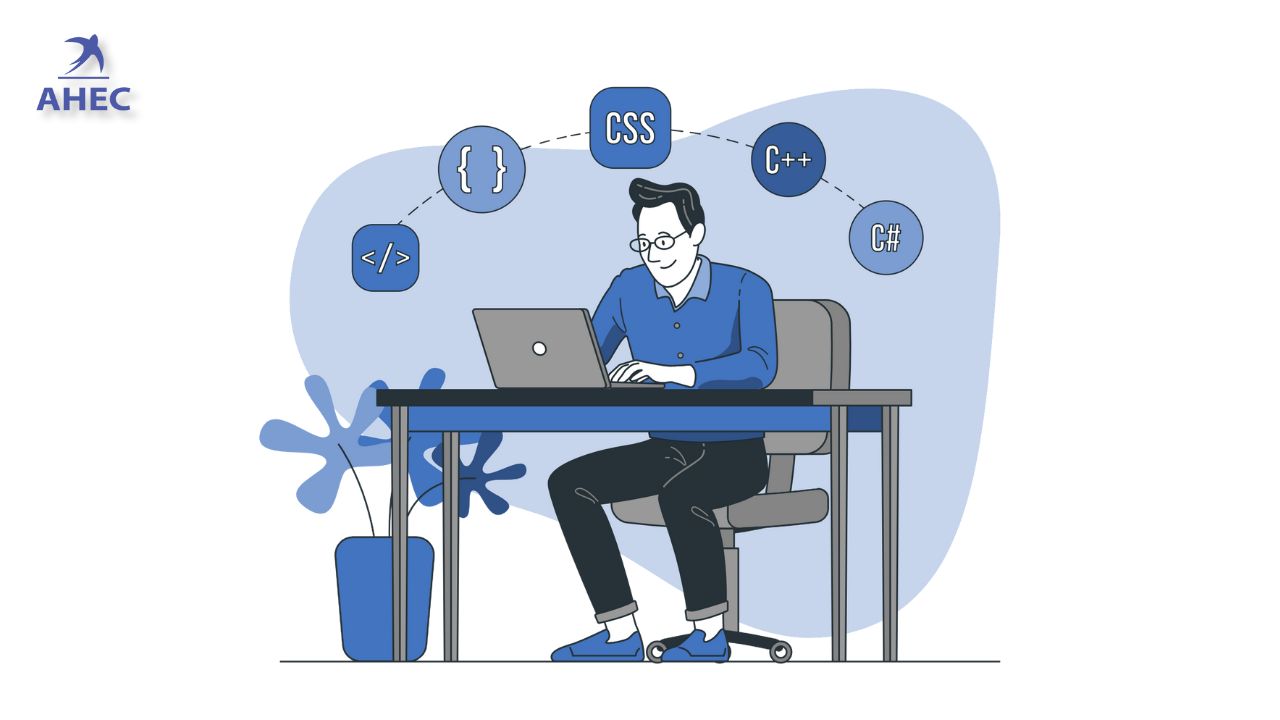

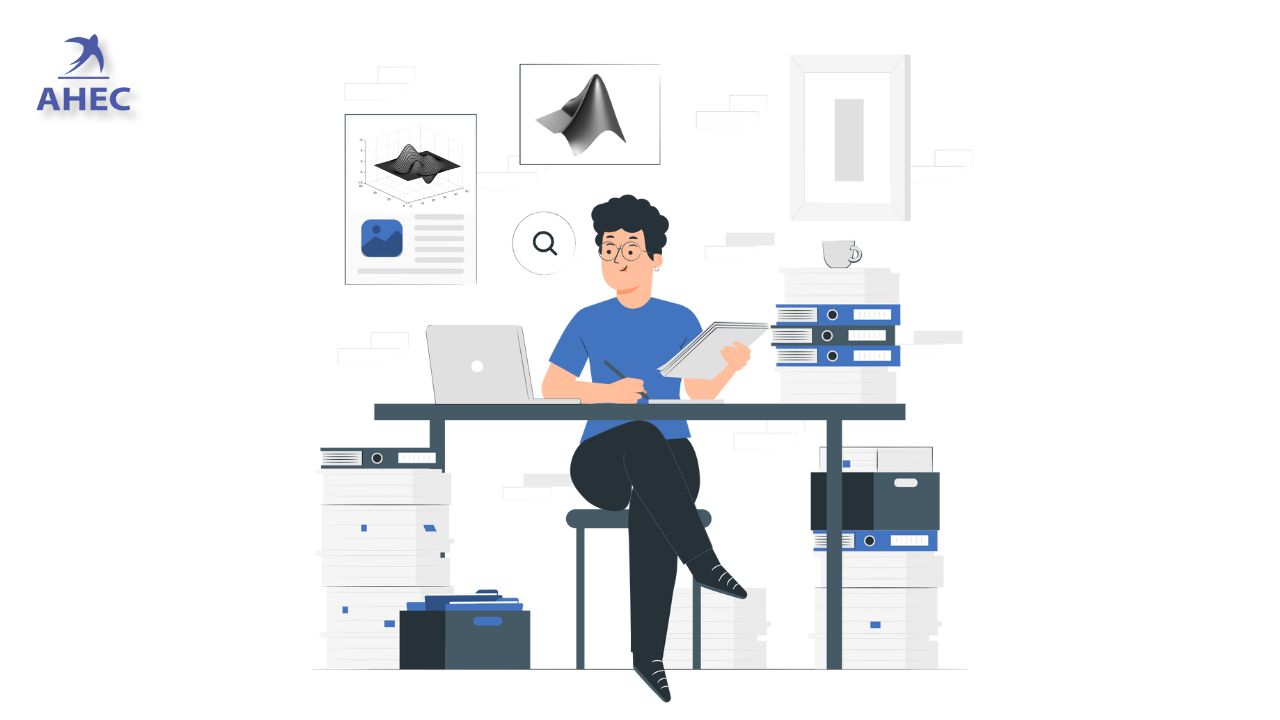





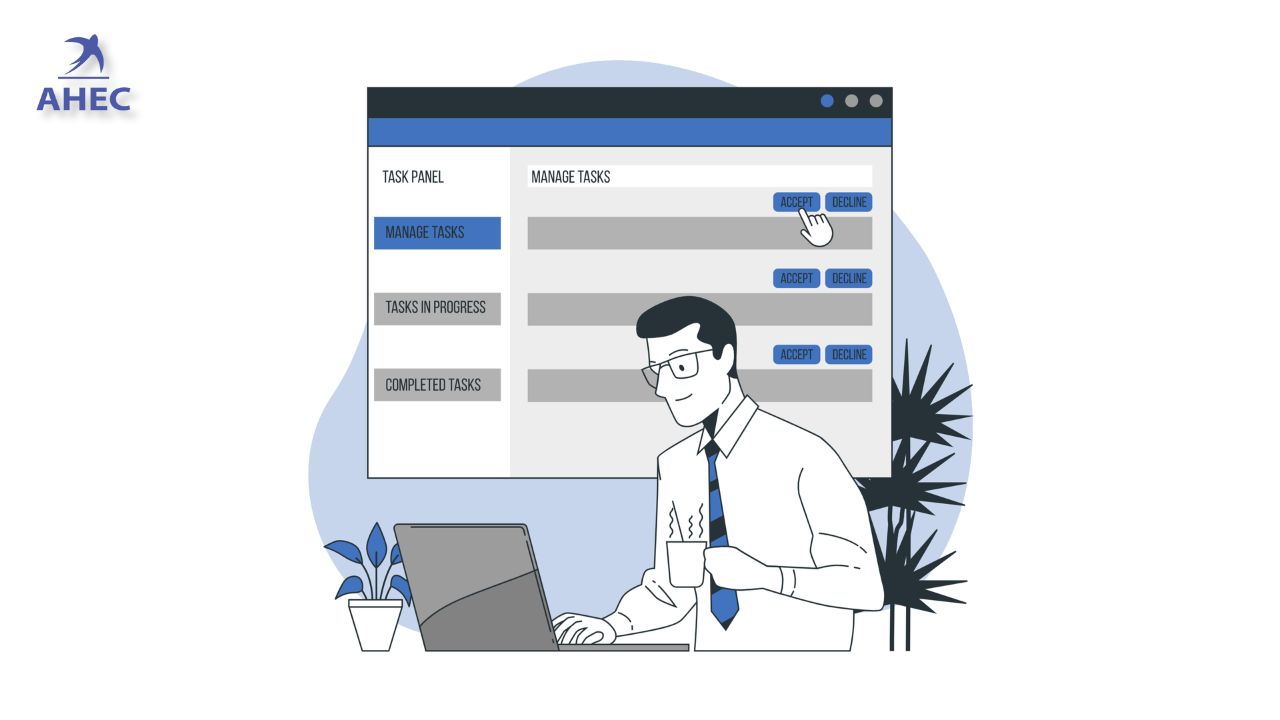




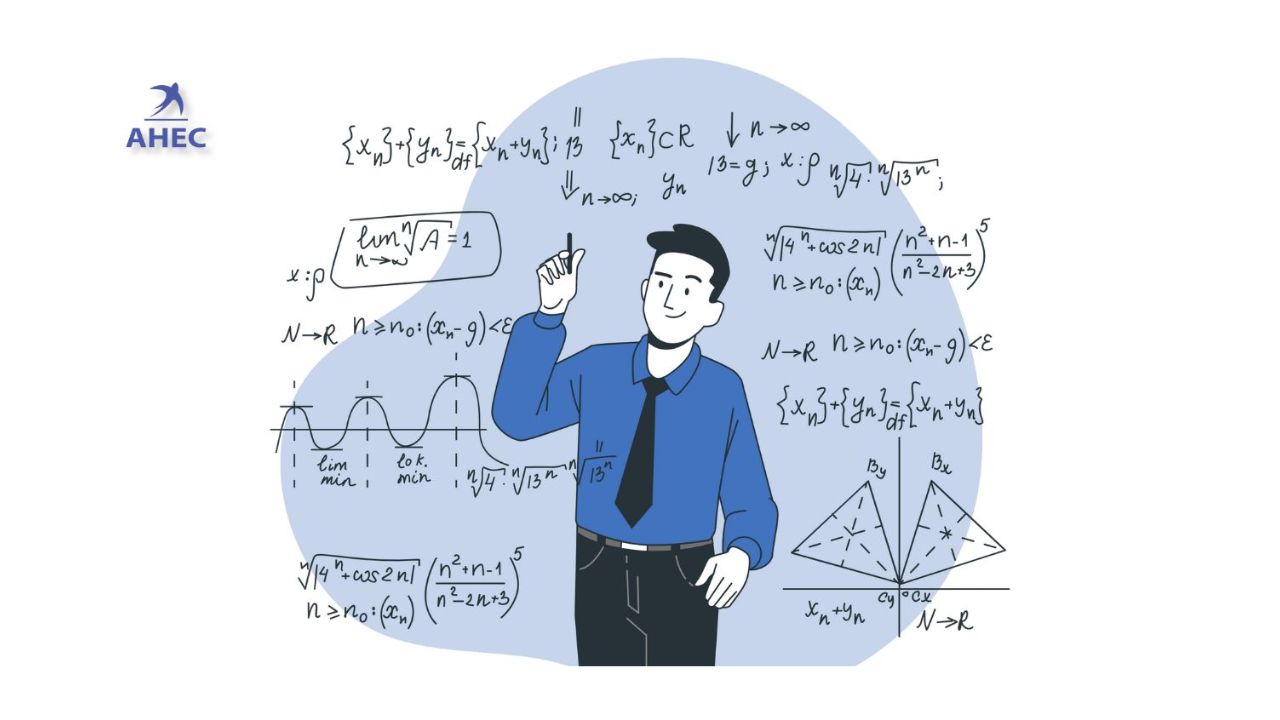



























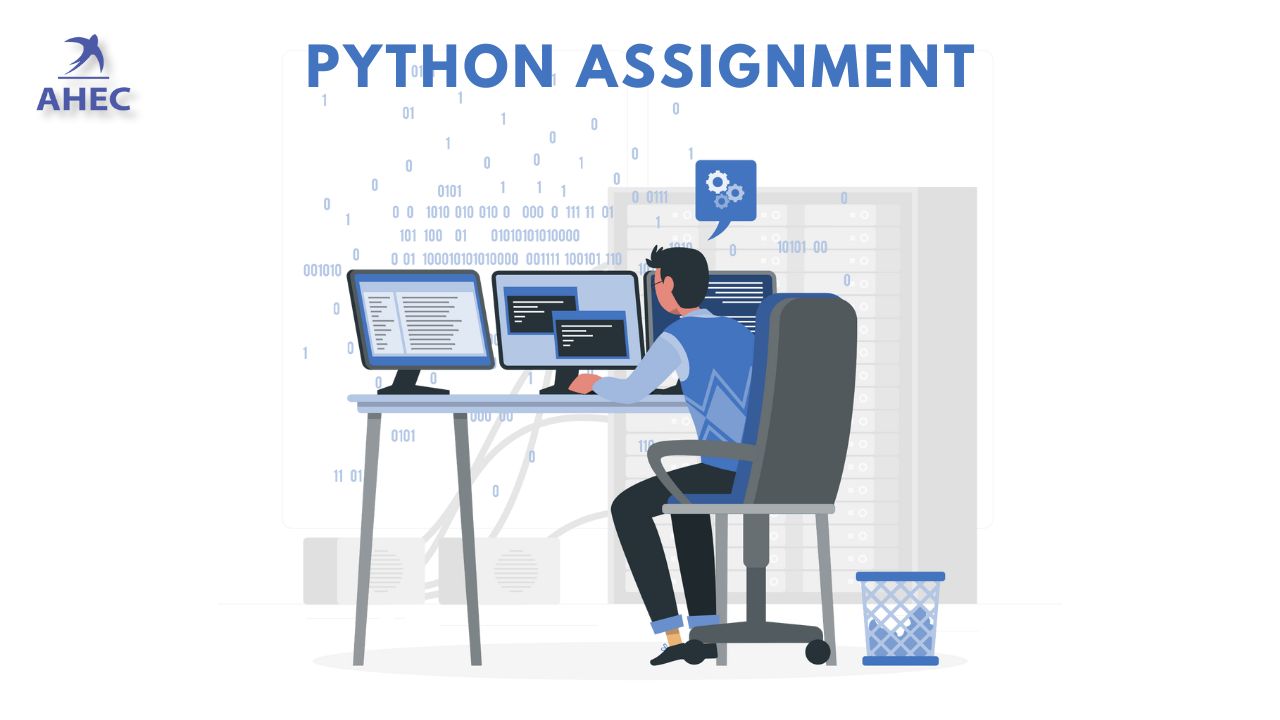


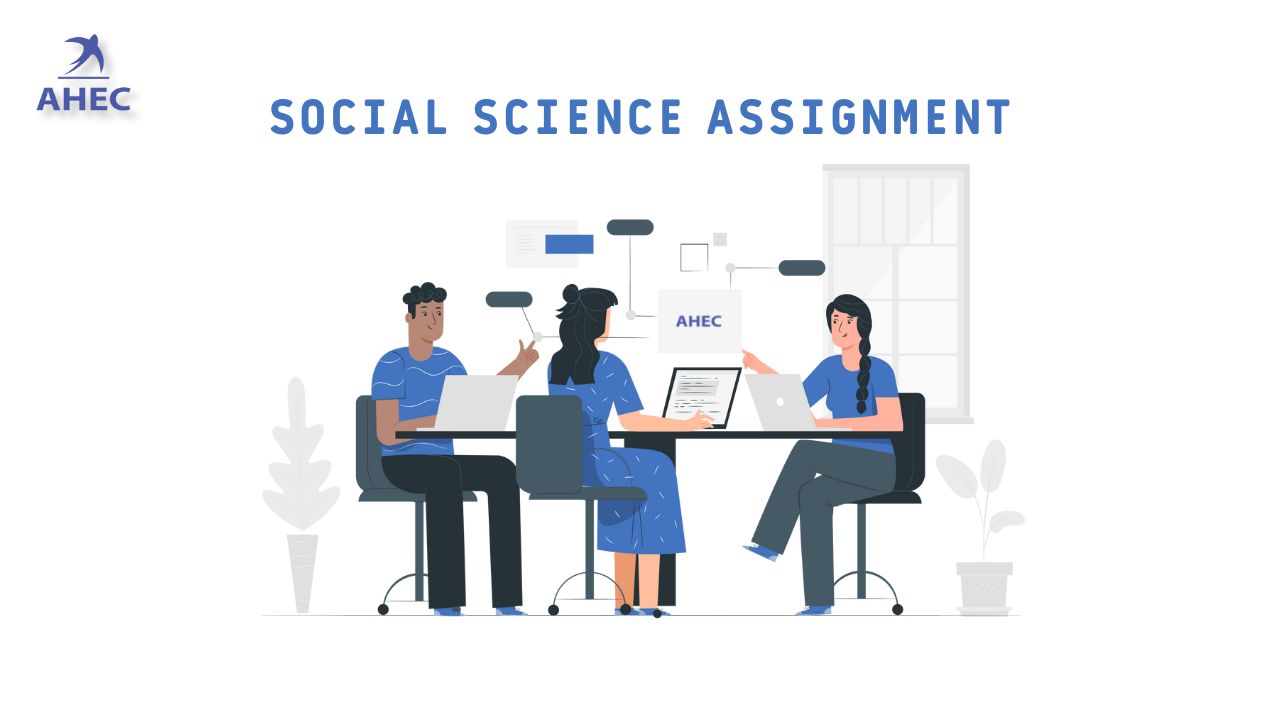












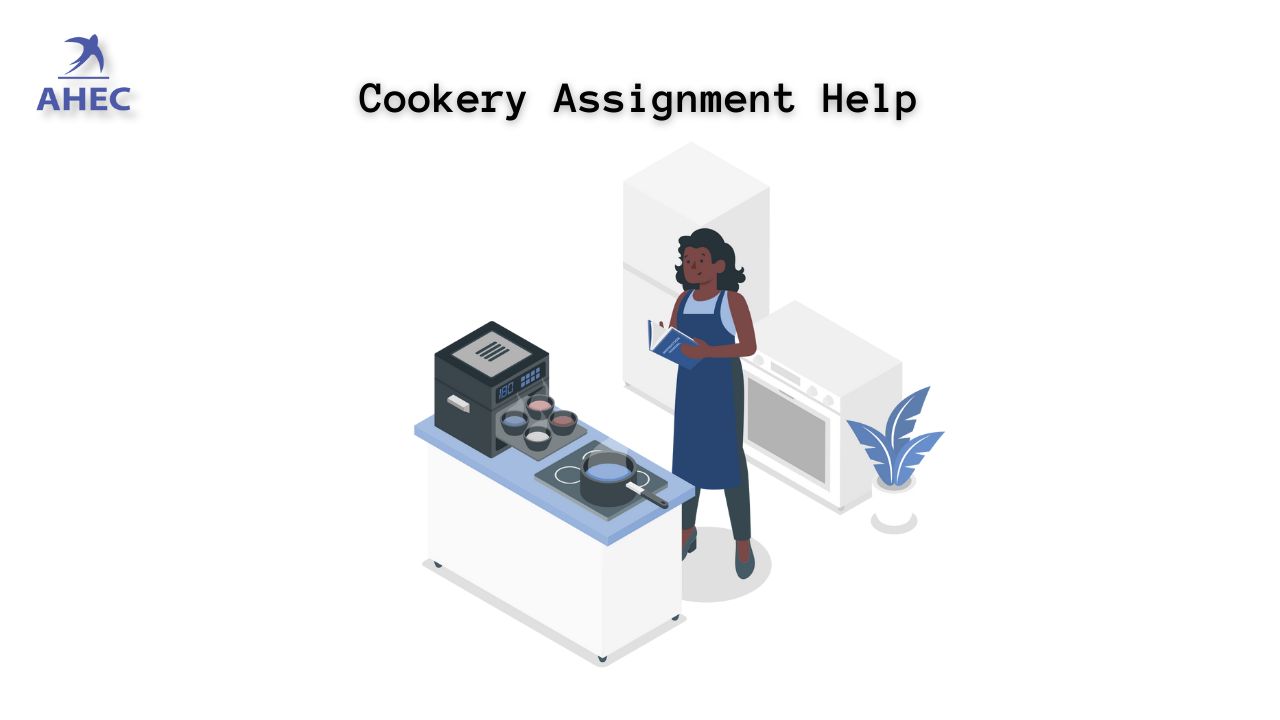



































































.png)









